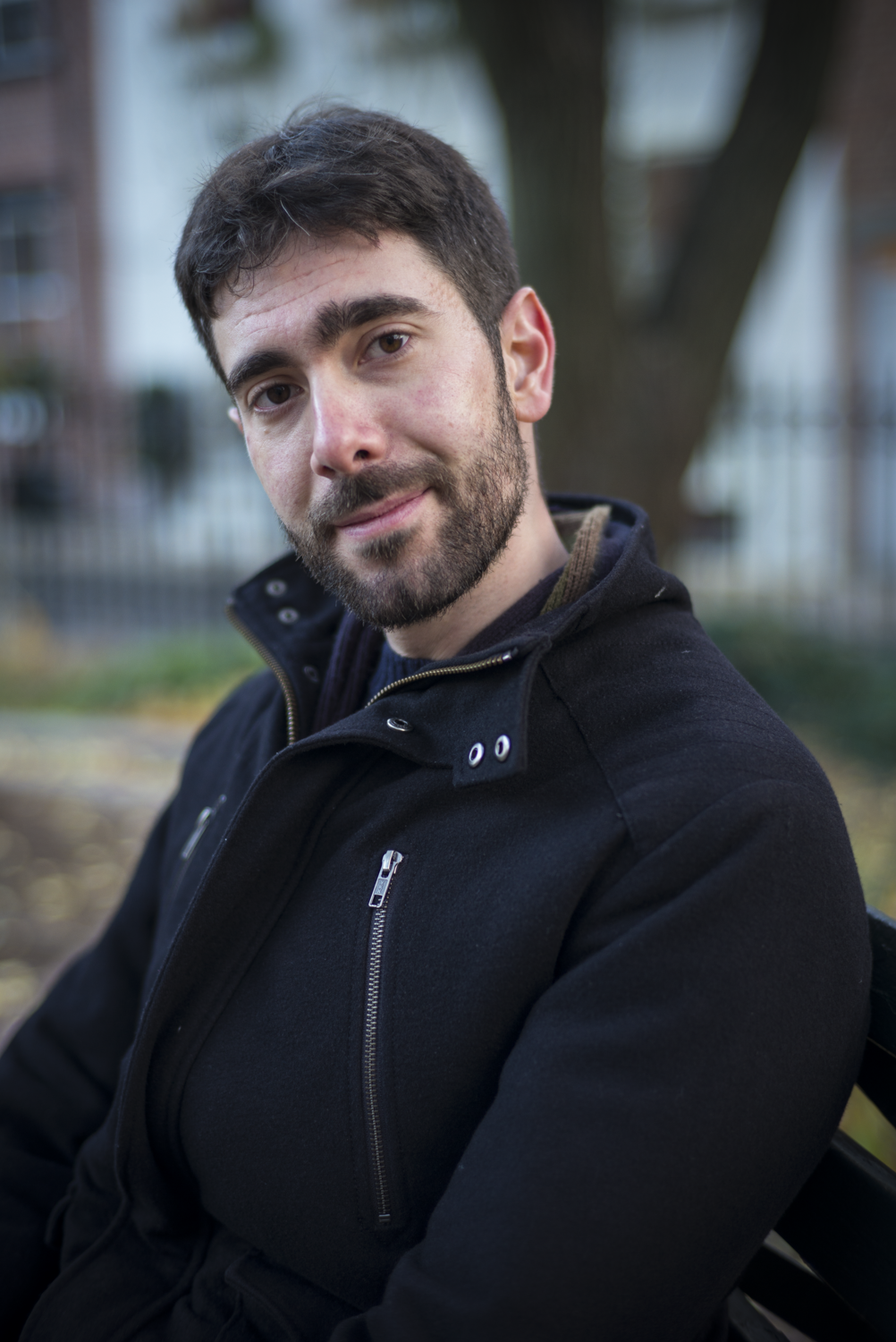
“You’re furthest from home when you’re at home”
Three Potential Masters:
God
Gravity
No One
I first met David Leo Rice two years ago, in a workshop taught by the novelist Patrick McGrath. Rice pretty much immediately distinguished himself as one of the most fully-formed artists in the room. Since then, I’ve been following his career closely. He’s continued to show me things I’ve never seen before. To me, his works aren’t just exercises in imagination, but explorations of what is imaginable.
I’d argue this is most true in Rice’s recently published second novel, ANGEL HOUSE. The story follows Professor Squimbop, a sort of psychopomp who sails across an Inland Sea in his floating mansion, the eponymous ANGEL HOUSE. Whenever Squimbop makes anchor in a town, said town has just one year to survive. During this time, Squimbop lectures the town’s children about the futility of life, inviting them to sail away with him in ANGEL HOUSE instead of being consumed in the town’s collapse. Usually, his pitch is quite successful, but this time Squimbop encounters unexpected resistance in the form of two nine-year-old filmmakers, whose Pretend Movie, entitled The Dream of Escape, seems to bolster their spirits against the prospect of giving in to his promise of relief.
Somehow, all of this is kind of hilarious.
As Rice’s only epic-length novel to date, ANGEL HOUSE takes an especially deep dive into his obsessions: movies, mysticism, comedy, and artistic identity. Rice agreed to speak with me about both the story and its sweeping thematic content. In the course of this conversation, we also discussed several of his other works, including his Room in Dodge City trilogy, his novella The Emergency Hotel, and his newest novel, The New House.
We conducted the interview where we first met: The New School. Specifically, the courtyard of the Eugene Lang building. The day was gray, and everything seemed kind of watery. We spoke for hours, interrupted now and again by campus tour guides and sparrows. Something about all of that felt appropriate.
—Michael Natalie
I. On The Interchangeability of Towns
THE BELIEVER: A lot of your work is haunted by this sense that any one town—maybe I should say any American town—can be safely interchanged with any other. Many of your characters drift from town to town, without being sure if they’ve arrived anywhere new. Where does this idea of interchangeability come from?
DAVID LEO RICE: There are two sides to this phenomenon and they’re both true. On the one hand, there’s an infinite sameness, and every town is interchangeable.
On...
You have reached your article limit
Sign up for a digital subscription and continue reading all new issues, plus our entire archives, for just $1.50/month.
Already a subscriber? Sign in




